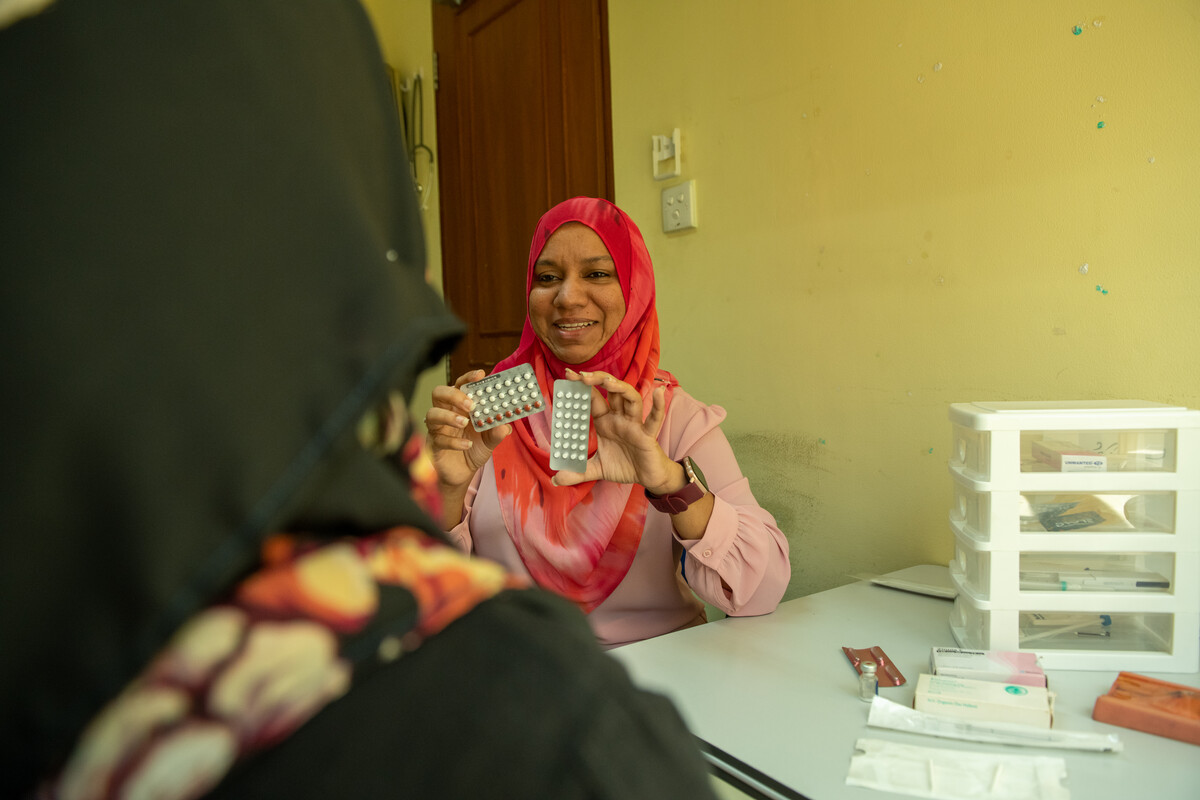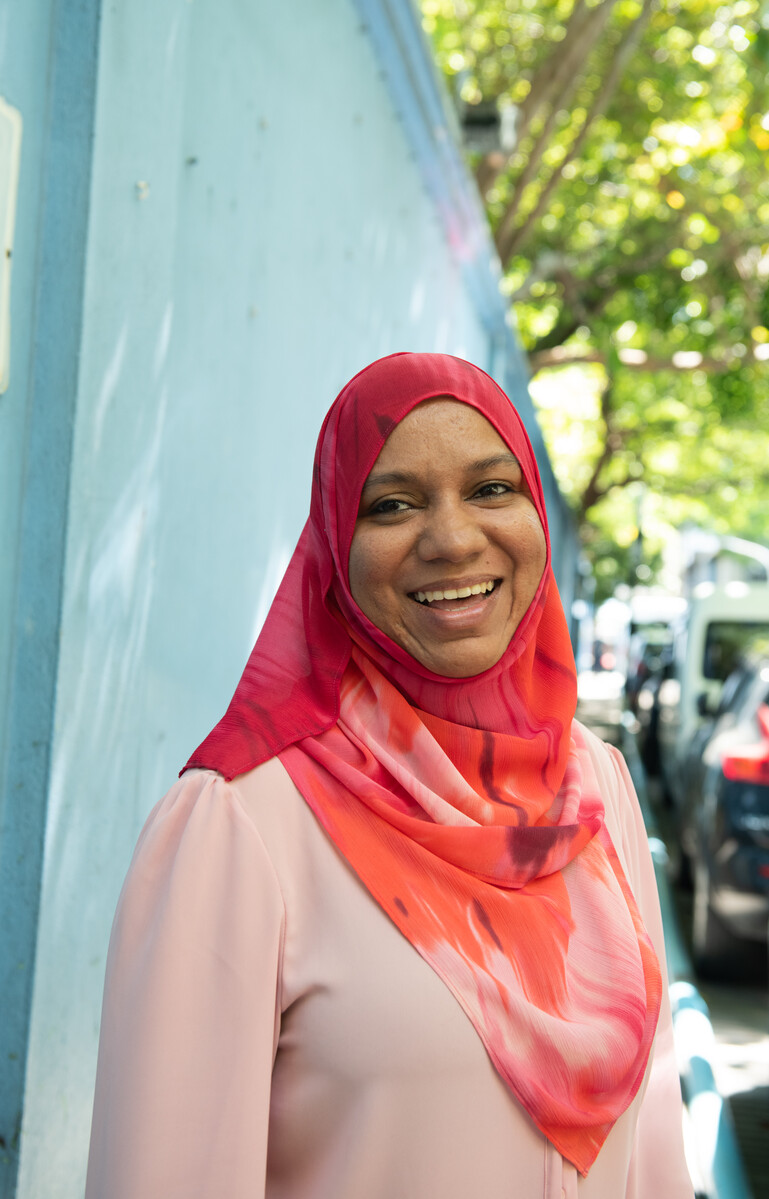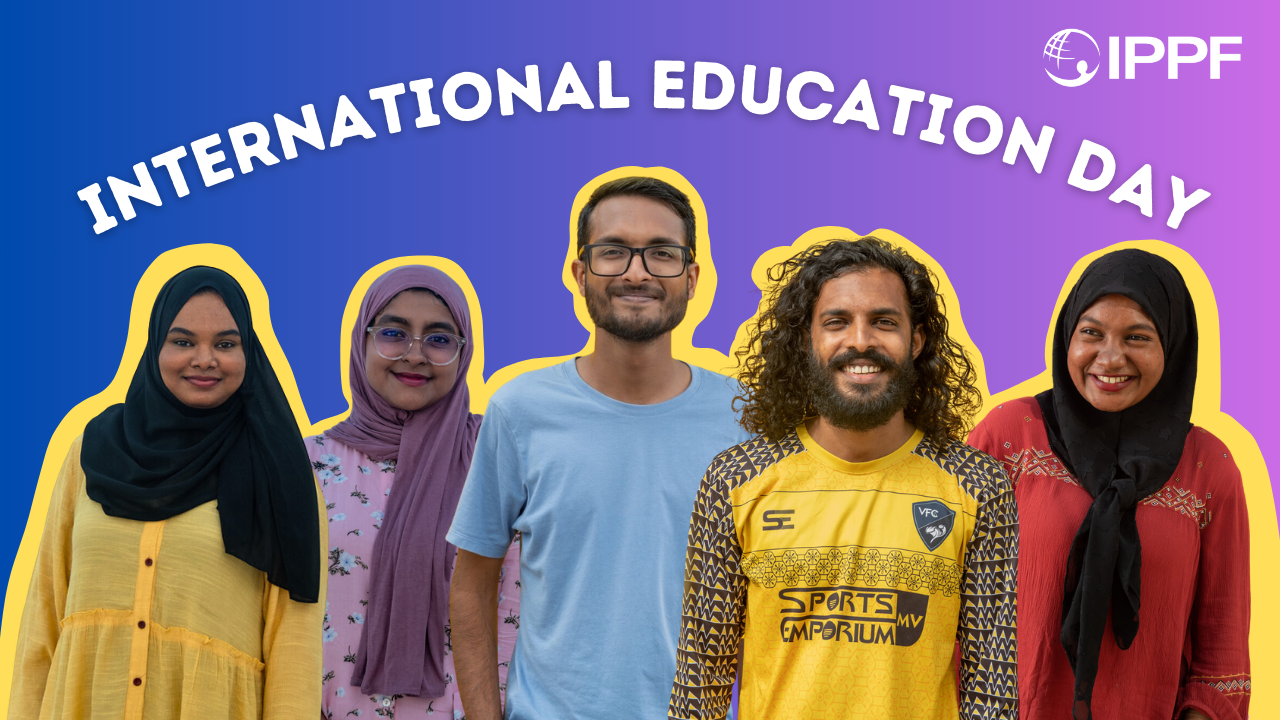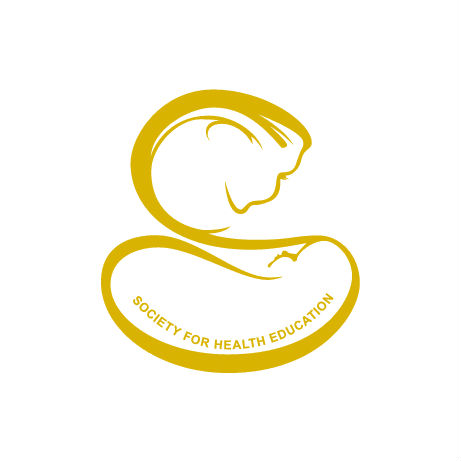Rapid population growth rate led the Government of Maldives to implement its first program with a focus on family planning and contraception in 1988. In the same year, the Society for Health Education (SHE) was founded to enhance the quality of life of Maldivian families. Now a registered nurse at SHE’s family planning center, Mariyam Shifaana Hussain - who was born in the same year of both occurrences - feels a connection to SHE and a strong passion for the Sexual and Reproductive Health Rights agenda.
Shifaana credits her inspiration to become a nurse in women’s health and SRH to her mother’s strength and struggle as a woman in her generation, where awareness and access to sexual and reproductive health was severely limited. As her mother’s 15th child, Shifaana sympathies with her mother’s experiences with birth, pregnancy and motherhood without optimal pregnancy spacing, proper maternal care, access to contraception and ample support with child rearing.
when
country
Maldives
region
South Asia
Subject
Sexual Health
Related Member Association
Society for Health Education (SHE) Maldives

"Back then, the resources were so limited. They didn’t know what kind of harm or damage it could cause to a child or the mother when there is not enough gap in between two children.”

Married at a relatively young age herself, Shifaana recalls, “When I first got married, I was 20 years old. Maldives is a country where we usually marry young because it’s part of our culture. We marry young but then, we don’t know that children would come so soon because we were not prepared and ready for it.” Reflecting on her own journey with pregnancy and motherhood, Shifaana emphasizes the role of sexual and reproductive education for the younger generation in promoting their bodily autonomy and sense of self. She believes that awareness on sexual and reproductive health is crucial for the younger generation to be emotionally and financially ready before deciding on their own journey to parenthood.
At the same time, Shifaana shared the importance of SRH education and awareness in making sure that the younger generation, especially girls, are given time and space for self-development and exploration before settling down to build a family. She shares, “it is the women that would bear the brunt of childbearing, domestic work, and child rearing. Which is very hard work, nobody tells you it would be that hard.” She added, “There comes a time in your life when you will want more. There is a world out there for you to explore. Unfortunately, some opportunities are not accessible if you are a mother and have children. We don’t want women and girls to realize that the world is their oyster too late in life.”

“We want a healthier generation. I want my kids to have better future, better education than me.”

Shifaana finds that the Maldives society, including men, are getting more progressive and open in learning about women’s health and SRH. Shifaana looks back to her childhood and remembers, “back when I was a kid, our parents would wrap the menstrual pads in newspaper when they bought them. They wanted to hide the original packaging and didn’t want people to know that it’s a pad, but everyone still knows. When everyone sees women walking with something wrapped in newspaper, they know.”
Now, menstruation is more normalized in the Maldives, with more openness among men regarding periods and parenting. Seeing this change, Shifaana shared the sessions SHE has organized in advancing education on menstruation and engaging with men as partners in promoting SRHR such as circle group sessions that talks about puberty and men’s engagement sessions that focus on contraception.
Shifaana finds great pride in the work that she does and SHE’s contribution to the Maldivian society. She hopes to see more progress in women’s sexual and reproductive health rights for women’s empowerment, bodily autonomy, and education. Shifaana expressed, “I love my community; I love my work. The work that we do here is very much needed and very important to society. I’m very thankful to IPPF and SHE for making sure that our doors are always open for any women who would like to talk about contraception.”
Photo credits: IPPF/Hannah Maule-ffinch/Maldives















